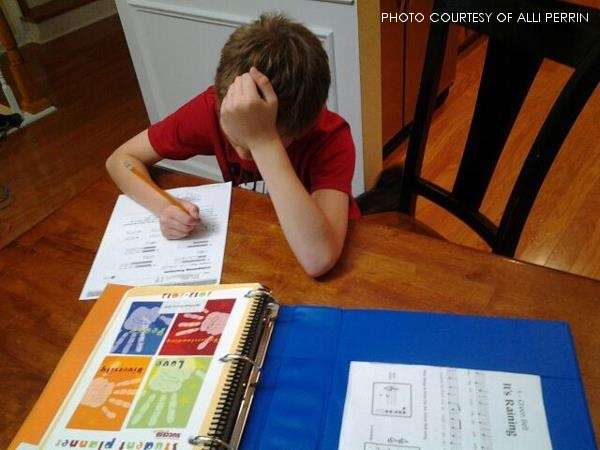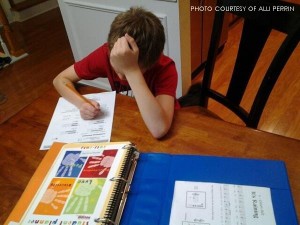

From a young age, everyone is programed to go, go, go. Whether it’s school, sports or extracurriculars, many children’s schedules are planned with no time to spare. As they grow, it only becomes worse. They’re taking geometry as eighth graders to ensure they can take Algebra II as freshmen, they’re preparing for AP World History to ensure their GPAs start high, and they’re doing the homework from these classes into the middle of the night. Today’s schedule packing supposedly aids in college admission, but it prevents children from experiencing a crucial part of development: boredom.
Today’s race to the top has created obsession with AP and other advanced classes. Additionally, an overabundance of clubs and other extracurriculars and a need for proficiency in sports on top of everything is supposed to be beneficial. Students look well-rounded, colleges see students push themselves, and through the proposed course of events, these students are accepted to colleges of their choice. All the work from elementary to high school supposedly pays off when the acceptance letter arrives, but in taking every advance course available to prepare for the more advanced courses in the next stage of education seems to take a toll.
Kids in elementary school are sacrificing cursive to learn fractions earlier, and their amount of homework exceeds expectations. In other words, their schedules start out from the beginning incredibly structured. Staying organized with said structured time is great to accomplish all the activities and work “needed” to apparently succeed in life, but with no time to spare, kids are losing the chance to be bored.
Boredom is important for many reasons, and structured time is exactly the wrong environment to produce boredom. When kids are bored, they try as hard as they can to entertain themselves, making up games with their siblings or by themselves. Unstructured time gives kids the chance to explore the world and life around them and the ones inside their heads. In other words, boredom inspires the birth of creativity.
Anything that encourages reflection and creativity should, theoretically, be cherished. Unfortunately, as the education system changes and becomes more fast-paced, the state of mind that encourages reflection and creativity is inadvertently being diminished and replaced with over-activity.
Boredom encourages everyone — not just children — to turn inward and think. It encourages a search for something new and exciting, something to fill the time. It encourages introspection, reflection and creativity. Boredom is an asset lost regrettably to over-scheduling and over-preparation.
Whether or not anyone really enjoys being bored, it is certainly undeniably helpful in developing creativity, and the loss of boredom due to school, television and activities is deplorable to say the least.